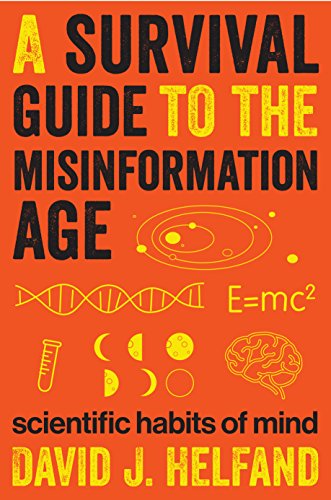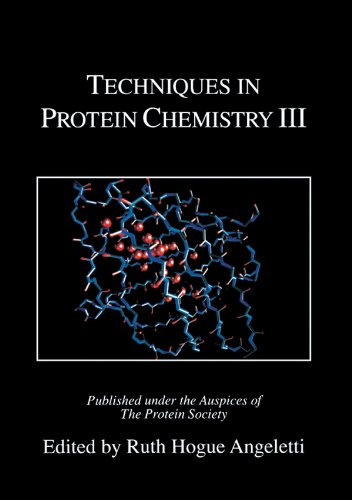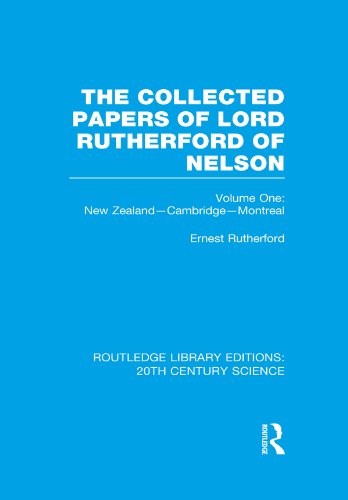
By David J. Helfand
Read or Download A Survival Guide to the Misinformation Age: Scientific Habits of Mind PDF
Best science & nature education books
Japanese Science: From the Inside (Routledge Studies in the Growth Economies of Asia)
This new ethnographic research seems to be of Japan's scientists seems to be firsthand at occupation buildings and organizational matters that experience hampered the development of scientists and clinical study in Japan. It presents research of the matter of profession mobility in technological know-how, the established order in collage and govt laboratories, kin among scientists and lay directors and the issues encountered via ladies scientists.
Techniques in Protein Chemistry III: v. 3
Thoughts in Protein Chemistry III compiles papers awarded on the 5th Protein Society Symposium in Baltimore on June 22-26, 1991. This booklet discusses the protein and peptide restoration from PVDF membranes; high-sensitivity peptide mapping using reversed-phase microbore and microcolumn liquid chromatography; and capillary electrophoresis for coaching of peptides and direct selection of amino acids.
This is often the 1st of 3 volumes which jointly comprise the full diversity of Lord Rutherford’s clinical papers, incorporating furthermore addresses, common lectures, letters to editors, money owed of his clinical paintings and private reminiscences by way of buddies and associates. quantity one, first released in 1962, contains early papers written in New Zealand, on the Cavendish Laboratory and through the Montreal interval (1894-1906), in addition to an advent to Rutherford’s early paintings via Sir Edward Appleton, and a few recollections of his time in Canada by means of Professors H.
Theory Choice in the History of Chemical Practices (SpringerBriefs in Molecular Science)
This selection of essays examines the query of idea from the point of view of the background of chemistry. in the course of the lens of a couple of diverse classes, the authors offer a ancient research of the query of concept within the background of chemical perform. The consensus photograph that emerges is that the historical past of technology tells us a way more complicated tale approximately idea selection.
- Decoding the Mechanisms of Antikythera Astronomical Device
- Physics Olympiad — Basic to Advanced Exercises
- Science Education Research and Practices in Taiwan: Challenges and Opportunities
- The Routledge International Handbook of Innovation Education (Routledge International Handbooks)
- Epistemology and Science Education: Understanding the Evolution vs. Intelligent Design Controversy
Extra resources for A Survival Guide to the Misinformation Age: Scientific Habits of Mind
Example text



